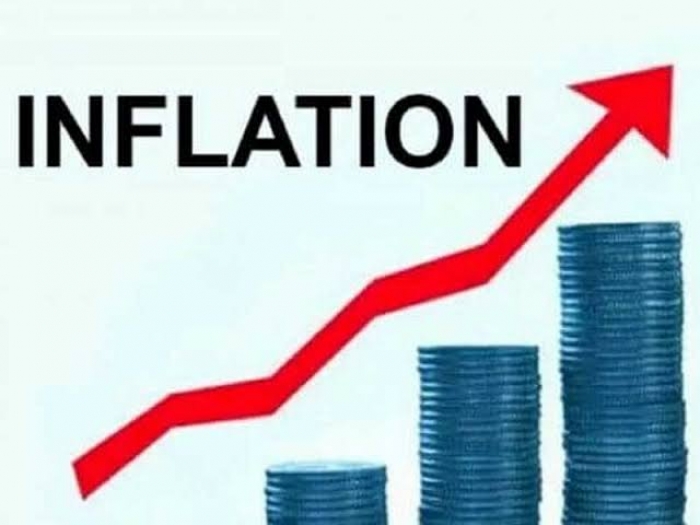Nigeria's annual inflation rate rose to 24.23 percent in March from 23.18 percent in February 2025, according to data released Tuesday by the National Bureau of Statistics (NBS). The March headline inflation rate showed a concerning increase of 1.05 percentage points compared to February figures.
On a month-on-month basis, headline inflation in March reached 3.90 percent, a significant jump from February's 2.04 percent. This indicates that the rate at which average prices are increasing accelerated substantially in March compared to the previous month.
The NBS report highlighted that food inflation—a critical indicator affecting most Nigerian households—stood at 21.79 percent year-on-year in March. The monthly food inflation rate increased to 2.18 percent, up by 0.50 percentage points compared to February's 1.67 percent.
This persistent inflation surge continues a troubling trend that began in 2023 when President Bola Tinubu implemented controversial economic reforms, including the removal of petrol subsidies and adoption of a floating exchange rate for the naira. These policy shifts have triggered steep increases in the cost of staple foods, pushing millions of Nigerians deeper into poverty and worsening food insecurity across the country.
The ongoing price surges have devastated Nigeria's agricultural sector, with many farms and businesses closing operations. Agricultural producers have been forced to scale back production due to mounting insecurity and unpredictable weather conditions affecting rural areas.
Despite Tinubu declaring a state of emergency on food insecurity in July 2023 and implementing several measures—including the suspension of duties, tariffs, and taxes on imported essential food items like beans, wheat, and husked brown rice—food inflation has continued unabated.
Inflation in Africa's most populous nation had previously soared to repeated 28-year peaks in 2024. A rebasing exercise conducted by the statistics bureau, which reweighted items in its reference basket and updated the comparison period from 2009 to 2024, resulted in the annual inflation rate dropping from 34.80 percent in December 2024 to 24.48 percent in January 2025.
However, the latest March figures confirm that inflation is once again on an upward trajectory, with rising prices for food and non-alcoholic beverages being the biggest contributors to the overall inflation rate.































































